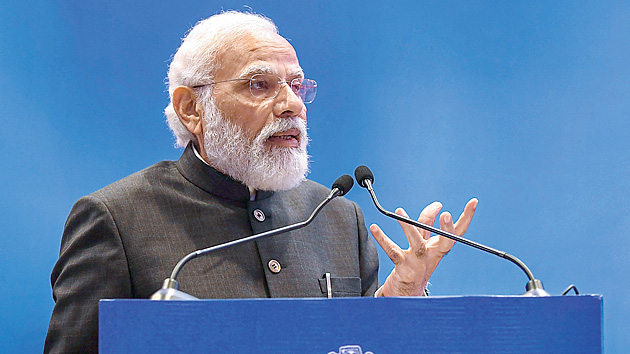The Union law ministry will have to initiate a process to introduce a repeal bill in the upcoming winter session of Parliament to remove the three contentious farm laws from the statute book following Prime Minister Narendra Modi’s announcement on Friday.
One bill listing all three laws can be introduced and passed by both Houses of Parliament separately and then signed by the President before they can be declared as repealed.
It will not be difficult for the government to pass the repeal bill as most Opposition parties are anyway opposed to the laws and have questioned the manner in which they were rammed through the Rajya Sabha last year.
The other option before the government is to promulgate an ordinance since Parliament is not in session at the moment, and then bring a repeal bill to replace it in the winter session beginning on November 29.
The ultimate power to repeal a law enacted by Parliament remains with the legislature, and successive governments have exercised this option to do away with laws that have become obsolete or redundant.
For the Modi government, repealing laws is not a new exercise.
When it assumed office in 2014, the Prime Minister had appointed a committee to identify obsolete laws for repeal.
Over the seven years of Modi rule, several repealing and amending laws have been enacted, the most recent being in 2019.
Prior to this, 10 repealing and amending acts had been passed since 1950, removing in part or whole over 1,300 laws.











